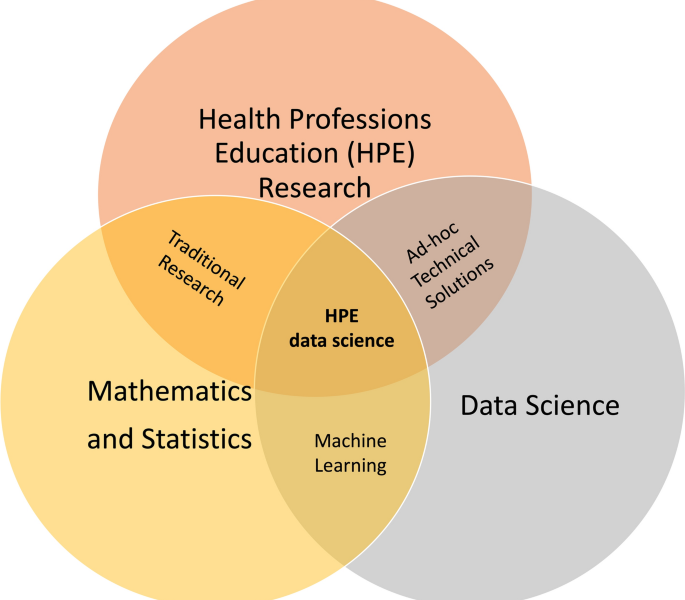- Home
- About
- Portfolio
Crush the Match – Medical School and Residency Platform
Food¢ense – Curbing Childhood Obesity and Food Waste
HealthStack – Shared and Jailed HIPAA Hosting $50
Marta Care – Let Us Help When You Can’t
MD Idea Lab – We Build Prototypes for Doctors
Nervcell – The Healthcare Web Browser
Patient Keto – Personalized Keto Medicine and Telehealth
SwipeChart – Rapid EMR Interface
Treatment Scores – Quantifying the Science of Medicine
Treatments – Diagnosed. Now What?
VIDRIO – Google Glass and EMR Interface
- Blog
- Contact
The Intersection of Data Science, Artificial Intelligence, Epidemiology, and Machine Learning in Healthcare
By Stephen Fitzmeyer, MD
The healthcare industry is facing unprecedented challenges due to rising costs, aging populations, and the increasing prevalence of chronic diseases. However, the integration of data science, artificial intelligence (AI), epidemiology, and machine learning (ML) is providing new opportunities to improve outcomes and reduce costs.
Data science is the study of data using various computational and statistical methods to extract meaningful insights. In healthcare, data science is being used to analyze large and complex data sets to identify patterns, correlations, and other trends. These insights can help healthcare providers make more informed decisions, improve patient outcomes, and reduce costs.
AI involves the development of computer algorithms and systems that can perform tasks that typically require human intelligence, such as perception, reasoning, and learning. In healthcare, AI is being used to develop diagnostic tools, predict disease progression, and improve patient care. For example, AI-powered systems can analyze medical images, such as X-rays and MRIs, to detect abnormalities and assist in diagnosis.
Epidemiology is the study of how diseases spread and how they can be controlled. In healthcare, epidemiology is used to track and monitor the occurrence of diseases, identify risk factors, and develop prevention strategies. For example, epidemiologists can use data to track the spread of infectious diseases and develop interventions to control outbreaks.
Machine learning is a subset of AI that involves the development of algorithms that can learn and improve from data. In healthcare, ML is being used to identify patterns and correlations in patient data, predict outcomes, and improve clinical decision making. For example, ML can be used to analyze electronic health records (EHRs) to identify patients at high risk of developing complications or readmission to the hospital.
The integration of data science, AI, epidemiology, and ML is creating new opportunities to improve outcomes and reduce costs in healthcare. For example, by combining data from multiple sources, such as EHRs, claims data, and social determinants of health, healthcare providers can gain a more comprehensive understanding of patients’ health and develop personalized treatment plans. By using AI-powered diagnostic tools, providers can make more accurate diagnoses, leading to more effective treatments and improved outcomes. By using ML to analyze patient data, providers can predict patient outcomes and intervene early, reducing the likelihood of readmission and complications.
In conclusion, the integration of data science, AI, epidemiology, and ML is revolutionizing healthcare by providing new opportunities to improve outcomes and reduce costs. By using these technologies to analyze patient data, healthcare providers can develop more personalized treatment plans, make more accurate diagnoses, and predict patient outcomes. As these technologies continue to evolve, we can expect to see even greater improvements in healthcare outcomes and cost savings.
Author: Stephen Fitzmeyer, M.D.
Physician Informaticist
Founder of Patient Keto
Founder of Warp Core Health
Founder of Jax Code Academy, jaxcode.com
Connect with Dr. Stephen Fitzmeyer:
Twitter: @PatientKeto
LinkedIn: linkedin.com/in/sfitzmeyer/

